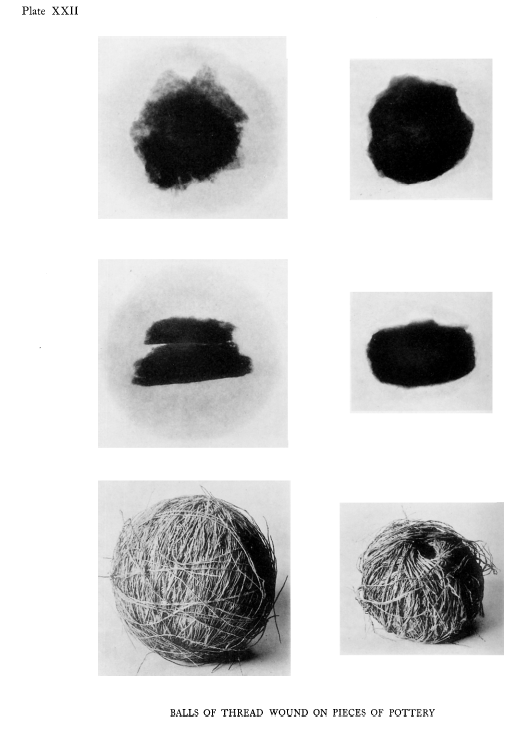A little over a year ago, I wrote this post about Emily Paterson, the General Secretary for the then-Egypt Exploration Fund (now Society) from 1892-1919. I won’t rehash that post for you, but the main point was that there are women who are central figures in institutions and societies who don’t get the credit they deserve in life or in history. Therefore they get lost in the archives and many times forgotten. Carl Graves has done much more on Paterson here, at the Birmingham Egyptology Department’s Virtual Museum’s exhibit: A Ready Intelligence.
The more I work on my projects the more of these women I find–obviously. There are rabbit holes in rabbit holes in rabbit holes to follow for many of them. One I was working on just today, in association with Caroline Ransom, was Bernice Cartland of the Metropolitan Museum of Art.
From what I was able to find in a quick search is that she was probably born in Dover, New Hampshire, in 1887 and had 3 siblings and 1 half-sibling. She graduated from Mount Holyoke in 1909 or 1910, did some graduate work there for a couple of years, then she began work at the MMA in 1912. She was essentially Ransom’s assistant and wished to further her education by going to the University of Chicago. In 1913, Ransom did what any good mentor would do–she wrote to the head of the department who happened to be her own mentor, James Henry Breasted. (We already know about him.) In these letters, which are found at the University of Chicago’s Oriental Institute Archives (and with which I am working to publish a collected volume in 2017), Ransom asked if there were openings for Cartland and asked about scholarships. He responded that Cartland would fit into the department, but there would likely not be any money for scholarships.
In the end, it looks like, from the letters between Ransom and Breasted, Cartland did not end up going to Chicago. Ransom wrote to Breasted in late 1913 that Cartland probably wouldn’t be able to “manage it” at any point without a scholarship. Cartland disappears from the correspondence until February of 1918, when Ransom mentioned her as being “the only person connected with the Metropolitan who has sufficient knowledge to help us materially” with an editorship of one issue of the journal Art and Archaeology. Cartland was clearly still at the MMA. In 1918, she did publish a short note in the Journal of Egyptian Archaeology in which she used the new science of x-rays to investigate thread on pieces of pottery. See Bernice M. Cartland, “Balls of Thread Wound on Pieces of Pottery, JEA 5:2 (April 1918): 139 and Pl XXII.

After 1918, she disappears from the record almost entirely. Even a search on Ancestry produced nothing.
All of this is from about 15 minutes looking for her. I think if I went to the MMA and looked for her specifically, I would find much more in their archives. I don’t have the luxury of doing that right now. When I read about her, the amount of time she spent at the MMA, who she worked with, corresponded with, and spoke to personally, I can’t help but wonder what institutional knowledge she carried. So far, I don’t see that she wrote anything down, but that doesn’t make her less important. What institutional knowledge died with her?
Does anyone else work with this sort of thing? Do you use Ancestry? I’d love your thoughts!

Reblogged this on HARN Weblog.
When I investigated the life of Jim Stewart, the first professor of Near Eastern archaeology at Sydney university, and someone who died young with most work unpublished, it seemed to me that his wife Eve ended as the real scholar (the biography of the two of them was published in 2013 by Wakefield Press in South Australia). Finalising his work, corresponding with people around the world, sharing his research, typing up and sorting his idle notes. And the fact that she’d studied at UCL, worked with Wheeler at maiden castle and in France, worked on Cyprus with Joan du Plat Taylor and others – all this meant she had the personal contacts. When I dared to suggest this at a conference I was roundly slapped down (by some, not all). But I agree – the women in the background are immensely important.
I’m so sorry you were so readily dismissed by some scholars. Eve Stewart sounds fascinating! And the fact that his life couldn’t be told without telling her life too is saying something.